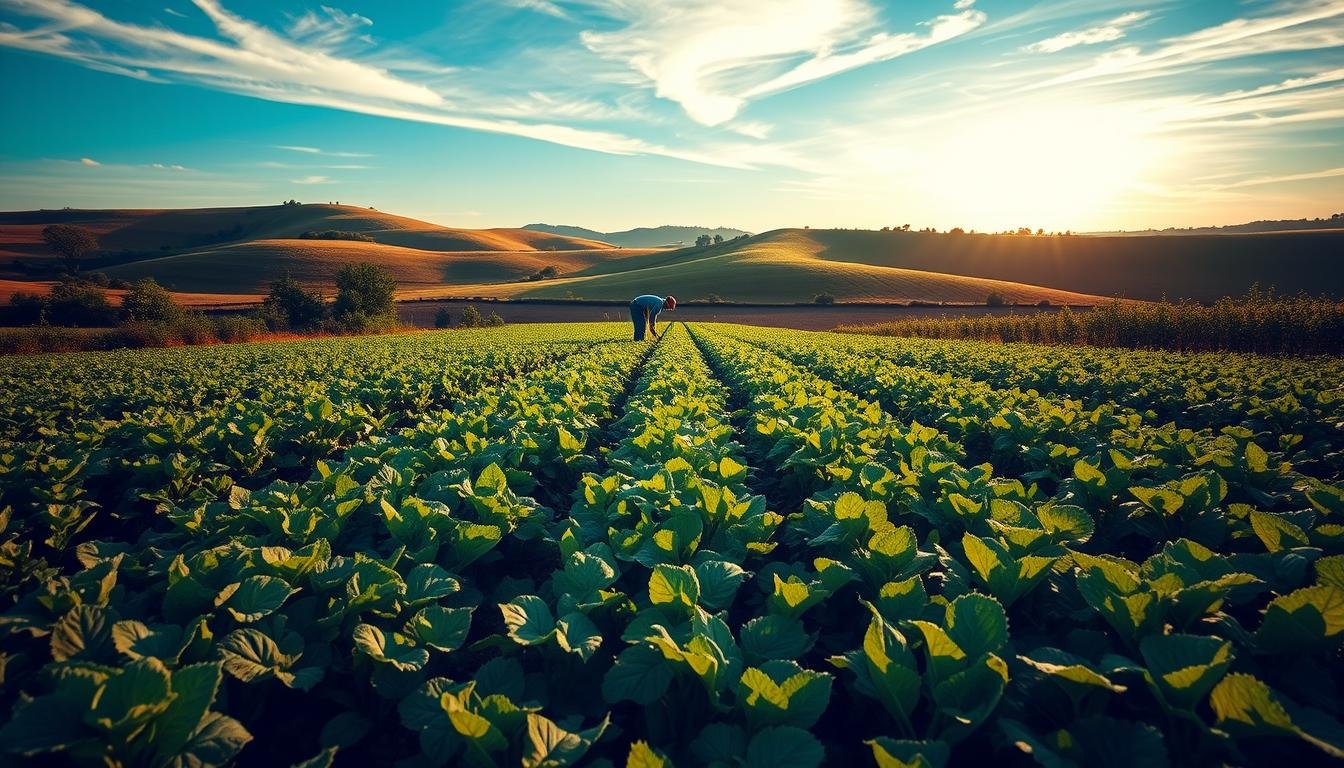Ever thought about what to do with old books taking up space? Instead of letting them collect dust, why not recycle them? Recycling books helps reduce waste and supports the environment.
We’ll explore how to recycle books in an eco-friendly way. Let’s give your favorite books a new life!
1. Why Recycle Books?
Books are made from paper, which comes from trees. Recycling books saves trees and keeps our forests green. It also cuts down on the need for new paper, saving energy and water.
Recycling books is a simple yet powerful way to help the environment.
2. Sorting Your Book Collection
Before recycling, sort your books. Separate them into keep, donate, and recycle piles. This helps decide which books get a second chance and which need recycling.
Donating Books to Libraries
Donate books in good shape to local libraries. Libraries love book donations to grow their collections. Call your library or check their website for donation rules.
Book Swaps and Exchanges
Host a book swap with friends, family, or coworkers. Everyone brings books they no longer want. It’s a great way to find new books and share your favorites.
3. Selling Books Online
Valuable or rare books can be sold online. Sites like eBay, Amazon, and AbeBooks are good places to start. Take clear photos, write honest descriptions, and set fair prices to attract buyers.
4. Recycling Paperbacks and Hardcovers
Recycling books falls into two main categories: paperbacks and hardcovers. Let’s look at recycling options for each:
Recycling Paperbacks
Paperback books can be recycled with other paper products. Remove bookmarks or plastic covers first. Check with your local recycling center to see if they accept paperbacks.
Recycling Hardcovers
Hardcover books need extra steps for recycling. Remove the cover, which often can’t be recycled. Then, separate the spine from the pages. Most recycling centers accept hardcover pages without non-paper materials.
5. Upcycling Books
Want to get creative with old books? Consider upcycling them. Upcycling turns unwanted items into something valuable. Here are some ideas:
- Creating Book Art: Use book pages for collages, wall art, or sculptures. Let your creativity shine and make unique art from old books.
- Repurposing Books as Home Decor: Stack books for displays or use them as bookends. You can also make hidden storage or planters for succulents.
- DIY Book Crafts: Try making bookmarks, paper flowers, or journals from old book pages. These make great gifts or keepsakes.
6. Digital Book Solutions
In today’s digital world, many prefer e-books or audiobooks. Consider switching to digital formats to reduce physical book demand. Platforms like Kindle, Nook, and Audible offer a wide range of options.
7. Creating a Book Exchange Program
Start a book exchange program in your community or workplace. Encourage people to swap their unwanted books. This promotes sustainable reading and builds community.
8. Composting Book Pages
If you compost at home, you can use book pages. Tear them into small pieces and add them to your compost. Over time, they’ll turn into nutrient-rich soil for your garden.
9. Building a Little Free Library
Think about building a Little Free Library in your neighborhood. These libraries let people borrow books for free and donate theirs. It’s a great way to encourage reading and community involvement.
10. Locating Recycling Centers
If other options don’t work, look for local recycling centers. They can tell you how to recycle books responsibly.
Conclusion
Recycling books is a great way to reduce waste and help the environment. Donating, selling, upcycling, or composting books all help. So, when you have books you don’t need, think about recycling them.





